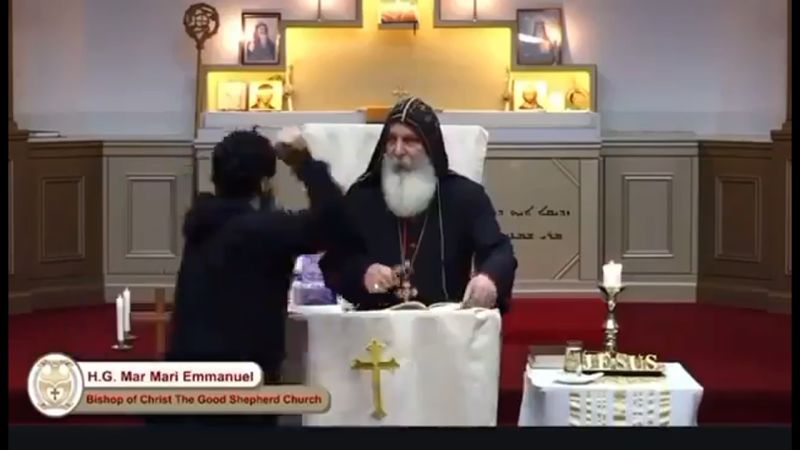The conflict between Elon Musk’s social media platform and the Australian government escalated as insults were exchanged between the two parties. At the center of the dispute is the decision by X to publish a video showing a teenage boy allegedly stabbing a bishop in Sydney, leading to a riot outside the church. Australian authorities argued that the video could fuel extremism and radicalization, leading to the e-safety commissioner ordering X to take it down completely.
Elon Musk and Australian political leaders engaged in a heated exchange, with Prime Minister Anthony Albanese calling Musk an “arrogant billionaire” and demanding that the video be removed. Some politicians, like Senator Jacqui Lambie, went as far as deleting their X accounts and urging others to do the same. However, X refused to comply with the request, citing free speech concerns and arguing against one country being able to control content globally.
Despite the takedown order, the video was still available on the account of the Australian Jewish Association (AJA), with President David Adler opting to keep it up for public awareness of security risks and extremism. The AJA’s decision was met with controversy, with concerns about the potential impact of the video on viewers. This controversy underscores the complex challenges around regulating harmful content online.
In response to the church attack and the video, Australian authorities conducted raids and arrested several youths suspected of having links to the perpetrator and extremist ideologies. The arrests highlighted the urgent need for collaboration between law enforcement and social media platforms to address the spread of extremist content online. This incident raised concerns about the role of social media in radicalizing individuals and the challenges of regulating harmful material.
The legal battle between X and the Australian government continued, with the e-safety commissioner threatening fines for non-compliance. X’s lawyer argued against the commissioner’s jurisdiction and reaffirmed the platform’s position on free speech. Experts weighed in on the controversy, with some supporting the commissioner’s actions as necessary to mitigate harm, while others criticized Musk’s resistance as a threat to global discourse.
The conflict between Elon Musk’s platform and Australian authorities highlighted broader issues around content moderation, free speech, and regulatory oversight in the digital age. Musk’s defense of free speech absolutism and pushback against attempts to regulate content reflect his ongoing battles with authorities. The dispute serves as a microcosm of the challenges facing social media platforms, governments, and society as they navigate the boundaries of online speech and extremism. Ultimately, the outcome of this conflict will have implications for the regulation of harmful content and the balance between free expression and public safety in the digital realm.


